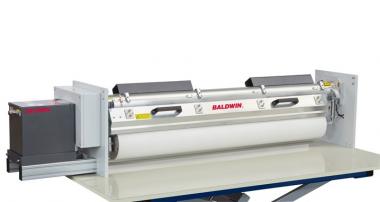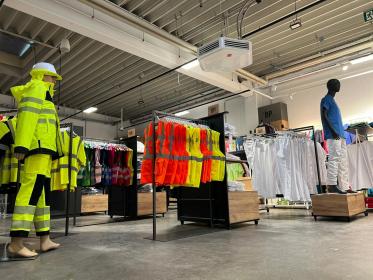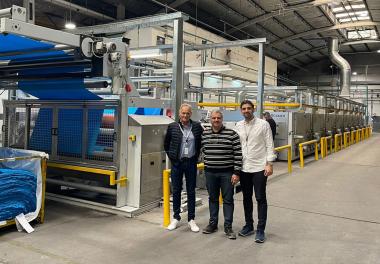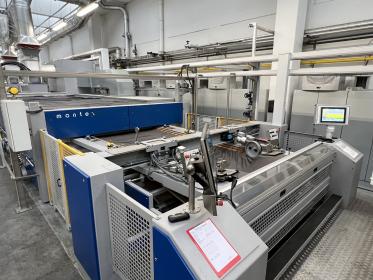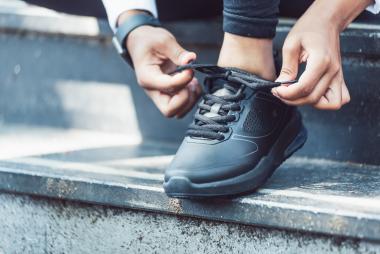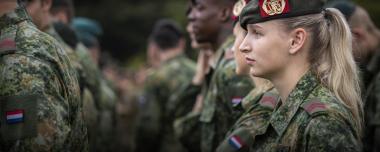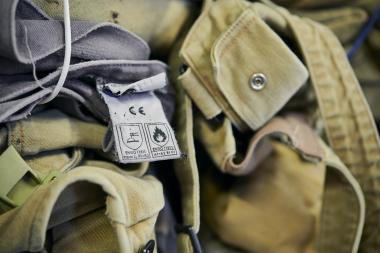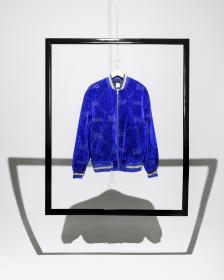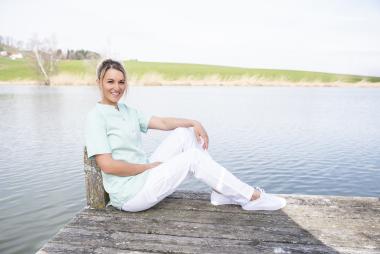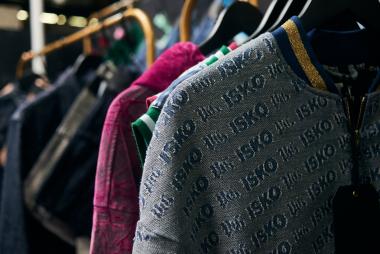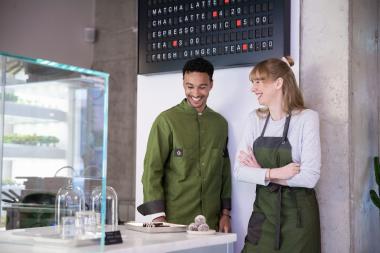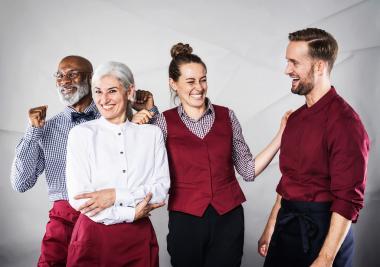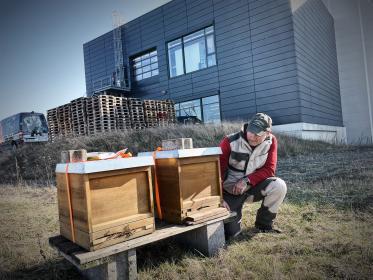CWS Workwear startet Online-Shop
Ab sofort können gewerbliche und private Kunden die in Europa hergestellte Berufskleidung von CWS Workwear in einem neuen Online-Shop erwerben.
CWS Workwear, übernimmt für Kunden neben der Bereitstellung der Arbeitskleidung auch das Waschen, Reparieren und die Lieferung der Textilien. Nun wird das Angebot um den Online-Shop cws-workwear-shop.com erweitert. Dort können Unternehmen und Privatpersonen ausgewählte Kollektionen von CWS Workwear für Handwerk und Industrie aus nachhaltigen, langlebigen Materialien wie Fairtrade-Baumwolle oder recyceltem Polyester kaufen.
„Der Shop bietet Interessierten einen einfachen Zugang zu unserer CWS-Arbeitskleidung – Unternehmen wie Privatkunden gleichermaßen. Gleichzeitig möchten wir so unsere Markenbekanntheit jenseits des B2B-Geschäfts weiter steigern“, erklärt Hartmut Engler, CEO von CWS Workwear, den Eintritt ins B2C-Geschäft. Der Anbieter für Arbeitskleidung öffnet sein Angebot somit erstmals für Privatkunden, denn bislang war die CWS-Arbeitskleidung nur von Unternehmen über einen Servicevertrag erhältlich.
Produktion in Eigenregie
Die Arbeitskleidung wird von CWS-Designern entworfen und in Europa in Eigenregie produziert. Es handelt sich um Arbeitskleidung aus verantwortungsvoller Herkunft und Verarbeitung, die langlebig und nachhaltig ist. „Wir testen unsere Kleidung sehr umfassend vor der Einführung und unterziehen sie umfangreichen Waschtests, damit sie lange gut sitzt, aussieht und vor allem hält. Das ist für unser Servicegeschäft wichtig und davon profitieren nun auch die Shop-Kunden“, so Engler zur Qualität der Kleidung. Der Shop richtet sich aktuell nur an Kunden in Deutschland, aber wird mittelfristig auf weitere Länder erweitert. Ebenso wird das Sortiment für noch mehr Auswahl weiter ausgebaut.
CWS Workwear International GmbH






